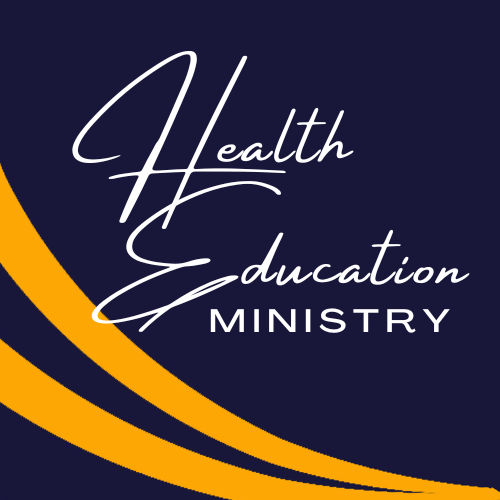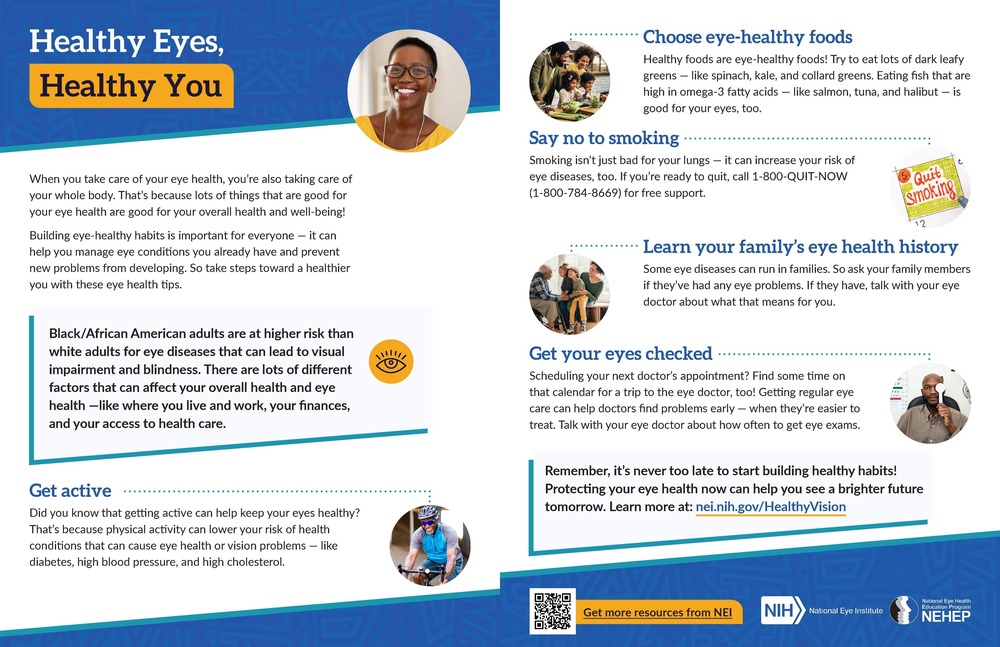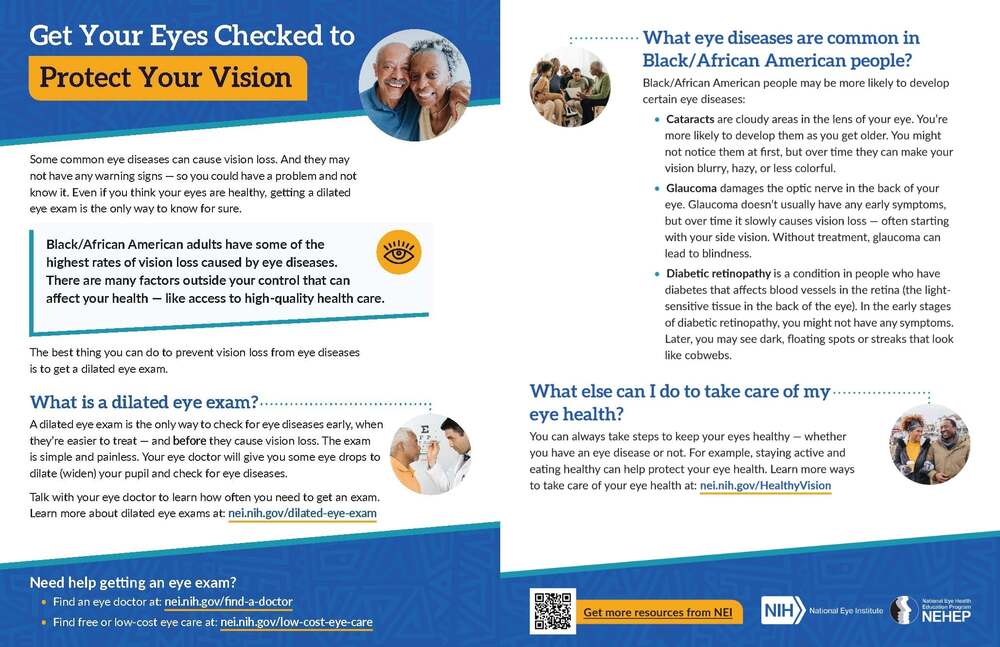Health Education Resources

- Details
- Category: Health Education Resources
National Immunization Awareness Month is an annual observance held in August to highlight the importance of vaccination for people of all ages. Together, we can help raise awareness about the importance of vaccination and encourage people to talk to a healthcare provider they trust about staying up to date on their vaccinations.
Every year in the United States, many people get diseases that vaccines can prevent. Healthy People 2030 focuses on preventing infectious diseases by increasing vaccination rates.

- Details
- Category: Health Education Resources
Nearsightedness has risen dramatically over the last 50 years. If nothing is done to help slow the increase, half the world’s population may be nearsighted by the year 2050. That means much more than a lot of people in glasses. It means a lot of kids today are at risk of developing vision-threatening eye conditions tomorrow. That is why the Allen Temple Baptist Church Health Education Ministry is adopting the American Academy of Ophthalmology campaign to share information about myopia and its progression.
- Details
- Category: Health Education Resources
Each August, we celebrate Children’s Eye Health and Safety Month to promote the importance of protecting children’s vision and eye health. As your child grows, their eyes can change quickly. Your child's pediatrician will screen your child's vision as part of their regular checkups. If they find signs of a vision problem, they may recommend an eye doctor for a comprehensive eye exam.
Tips to protect your child's vision
- Eat well:Eating a healthy diet rich in fruits and vegetables, which contain necessary vitamins and minerals, can help protect your child's vision.
- Limit screen time:Increased screen time can make uncorrected vision problems worse. Limit screen time each day and have your child take frequent breaks to protect their vision. Taking breaks also helps with other near-vision activities like reading, writing, or drawing.
- Get enough sleep:Our bodies and eyes heal when we sleep. Without enough sleep, it could be harder for your child's eyes to recover from everyday use or irritants in the environment.
- Spend time outdoors: Many children spend hours each day doing near-vision activities. Going outdoors allows them to look at distant objects. This lets their eyes recover from strain and fatigue. Playing outdoors also helps kids to be physically active and get essential vitamin D.
- Use protective eyewear and sunglasses:About 90% of eye injuries can be prevented with protective eyewear. If your child participates in sports or other activities, make sure they wear protective eyewear to avoid injuries. You can also protect your child's eyes from the sun with sunglasses that have 100% ultraviolet (UV) protection. Exposure to UV rays over time can be harmful to the eyes.
- Get regular eye examsso an eye doctor can follow your child's vision through development. If anything changes, you can treat and manage your child's vision quickly.
If you have any concerns about your child's vision, ask their pediatrician to help you find an eye doctor. Early detection and treatment are key to protecting your child's vision.



